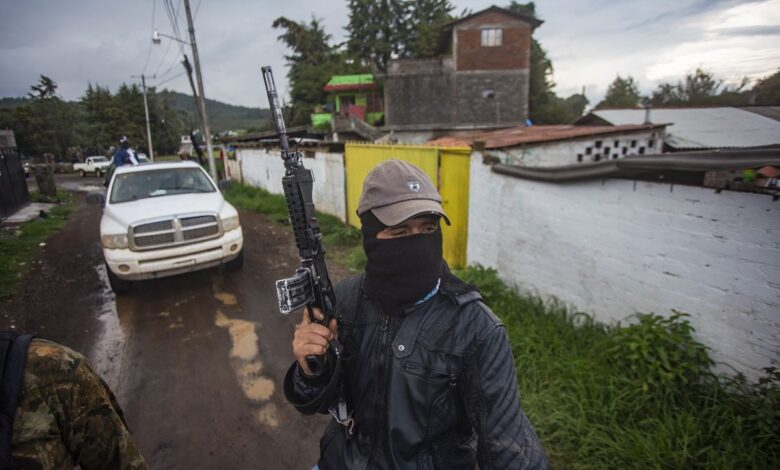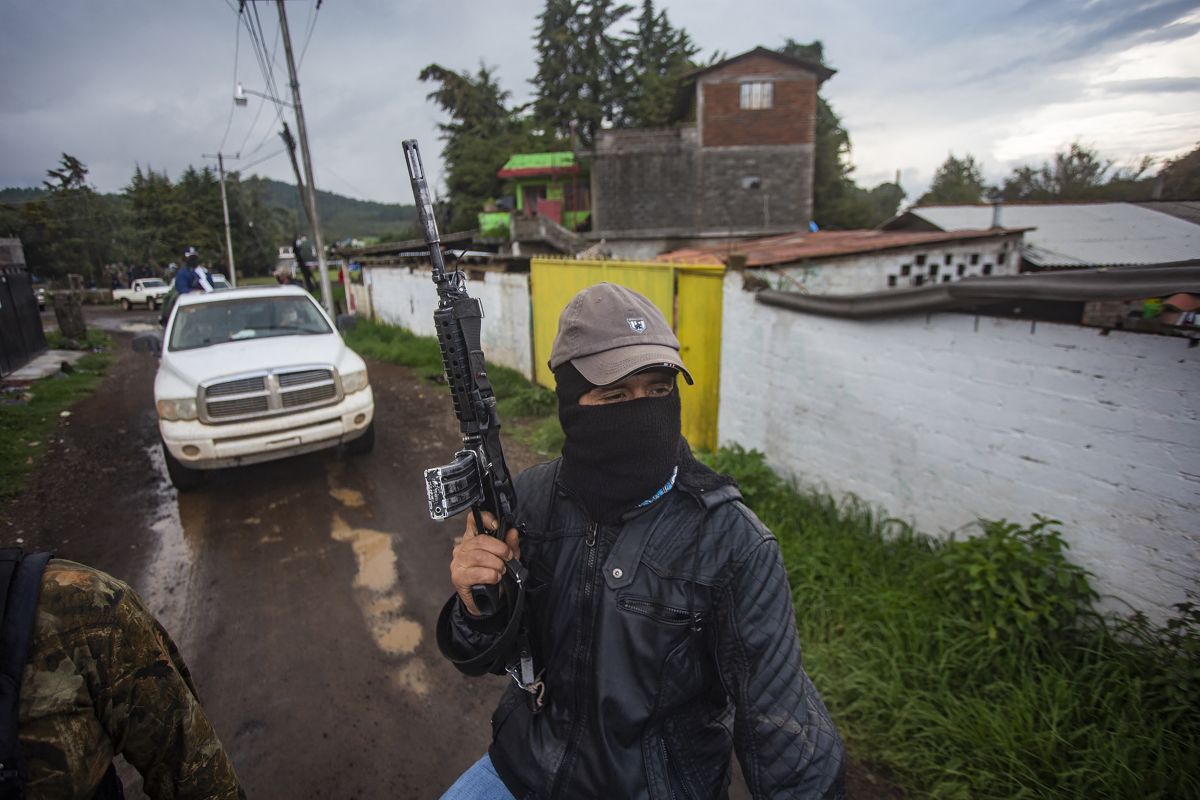The violence in Mexico plunges him into a forensic crisis that urges the creation of a genetic data bank


Violence in Mexico has left thousands of people missing in recent years.
Photo: ENRIQUE CASTRO / AFP / Getty Images
Thousands of people are missing on Mexico. That is one more of the painful effects of violence that the country lives and that has put it face to face with a forensic crisis It will not be overcome without national and international help.
Alejandro Encinas, Undersecretary of Human Rights, Population and Migration of the Ministry of the Interior (Interior), participated in the International Symposium on Human Identification in the Mexican capital, where he emphasized that new institutional capacities are needed to respond to the phenomenon.
“We urgently need a national genetic data bank and have human identification capabilities in all states (states of the country) and promote a human identification program massive, ”he said.
In the company of the owner of the National Search Commission (CNB), Karla Quintana, Encinas recognized that one of the main human rights crisis the country is going through, “it is this forensic crisis, which is nothing other than the lack of development of its institutional capacities to guarantee the fundamental human right, the right to identity“.
Encinas highlighted the cooperation of United Nations System, of the Office of the United Nations High Commissioner and announced that in November there will be a visit from United Nations Committee on the Disappearance of Persons.
Quintana, for his part, stressed that this so-called forensic crisis is also of Justice, so the delivery of it is key to face this challenge.
In his speech, the project manager Strengthening the Rule of Law of GIZ Mexico, Maximilian murck, stressed that the massive identification of thousands of people “is not a simple task, but neither is it an unsolvable one.”
He said that for a massive identification of people, Mexico “suffers from a centralized genetics database and mechanisms for automatic exchange of fingerprints of deceased persons with official records ”that keep this information on the population.
These include credentials, IDs, driver’s licenses, non-criminal background letters, and biometric information from commercial banks. The Latin American country lives a grave tragedy of missing persons with more than 90,000 cases since 1964, the year the records began.
Con information from EFE.
It may interest you:
* Indignation in Mexico after capturing Emilio Lozoya in a luxurious restaurant
* They kill four policemen very close to a place where there were families and children
* What was the Merida Initiative and what changes with the new Understanding between Mexico and the United States?
.



